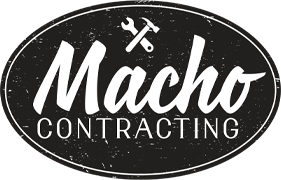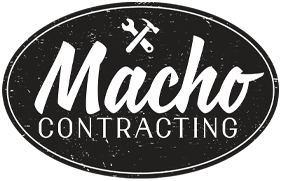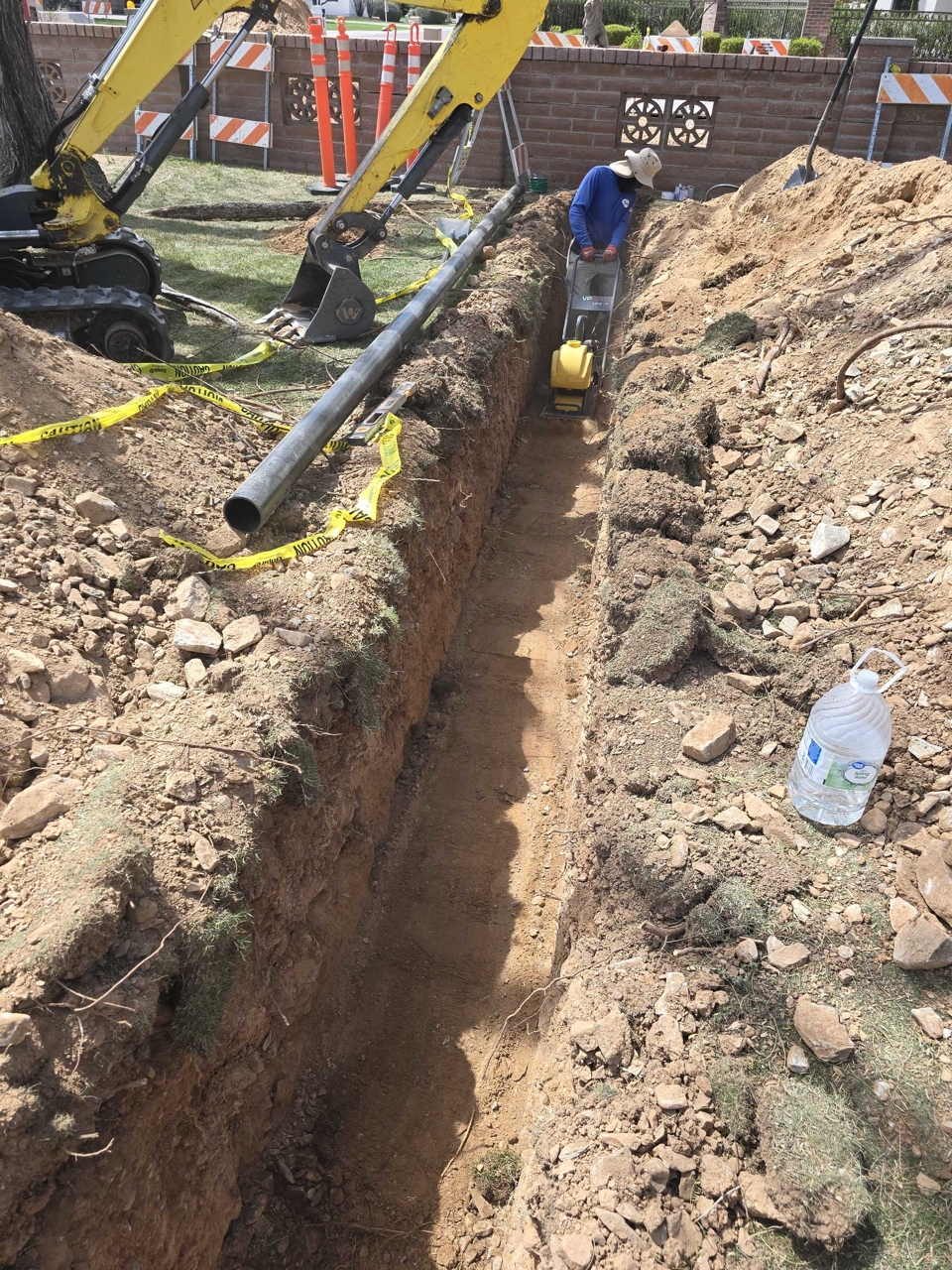A septic system is a vital component of residential and commercial properties that handles the wastewater disposal process. To ensure the smooth operation and longevity of a septic system, regular maintenance is crucial. This article aims to shed light on the key maintenance practices necessary to keep your septic system in optimal condition, preventing costly repairs and potential health hazards.
- Regular Pumping:
One of the most critical maintenance tasks for a septic system is regular pumping. Over time, solid waste and sludge accumulate in the septic tank, which can lead to clogs and reduced system efficiency. It is recommended to have the septic tank pumped by a professional every 3-5 years, depending on the size of the tank and household usage. Regular pumping prevents solids from overflowing into the drain field, prolongs the system's lifespan, and helps maintain proper wastewater treatment.
- Inspection and Maintenance of Components:
Periodic inspections of the septic system's components are essential to identify potential issues before they escalate. A professional inspection involves examining the tank, pipes, distribution box, and drain field. Any signs of leakage, damage, or blockages should be addressed promptly. Additionally, maintaining clear access to the septic tank and ensuring proper sealing of lids and covers is important for safety and ease of maintenance.
- Avoiding Excessive Water Usage:
Conserving water and avoiding excessive usage is beneficial for both your septic system and the environment. Excessive water usage can overload the system and lead to insufficient wastewater treatment. Be mindful of water consumption habits, such as fixing leaky faucets, using water-efficient appliances, and spacing out activities that require a large amount of water. By reducing water usage, you help maintain the balance of the septic system and prevent unnecessary strain.
- Proper Waste Disposal:
What goes down your drains and toilets can impact the health of your septic system. Avoid disposing of non-biodegradable items, grease, oils, harsh chemicals, medications, and excessive amounts of household cleaners. These substances can disrupt the natural bacterial balance in the septic tank, hindering the breakdown of waste. Opt for septic-safe products and consider implementing a proper waste disposal system, such as a compost bin for organic materials, to minimize the strain on your septic system.
- Landscaping Considerations:
The placement and landscaping around the drain field are crucial for the septic system's health. Avoid planting trees or large shrubs near the drain field, as their roots can invade and damage the pipes. The roots may cause blockages, compromising the drainage and leading to costly repairs. Opt for grass or shallow-rooted plants in the drain field area to ensure proper drainage and prevent root intrusion.
Proper maintenance of a septic system is essential for its smooth operation, longevity, and to prevent environmental and health risks. Regular pumping, inspections, mindful water usage, proper waste disposal, and thoughtful landscaping considerations are key practices to keep your septic system in optimal condition. By following these maintenance guidelines, you can ensure the efficient treatment and disposal of wastewater, avoiding costly repairs and maintaining a healthy and sustainable environment for years to come.







